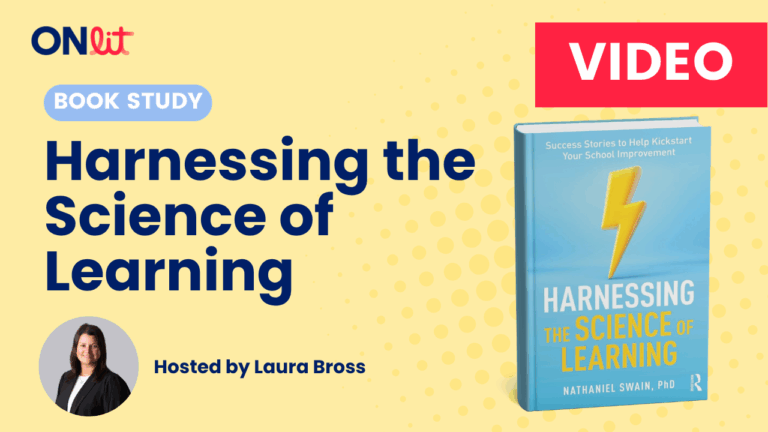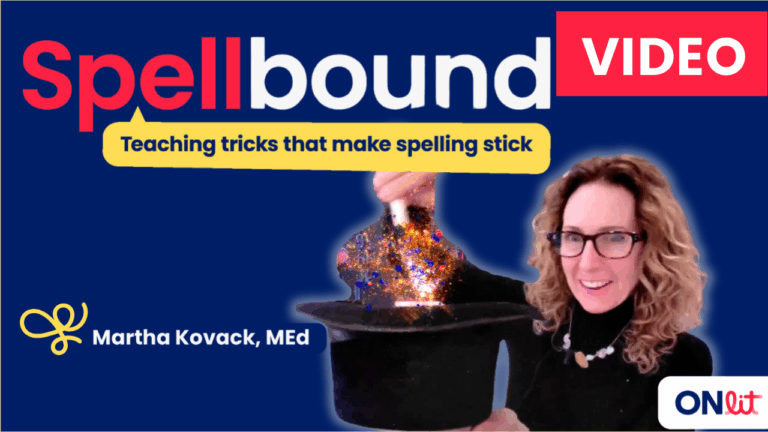Harnessing the Science of Learning Book Study Recordings
Catch up with the recordings from our 6-part book study on Harnessing the Science of Learning: Success Stories to Help Kickstart Your School Improvement by Dr. Nathanial Swain. This series is designed to bring together the world of classroom practice, school leadership, and scientific research in an enthusiastic and uplifting atmosphere. Throughout the series, host Laura Bross,…






